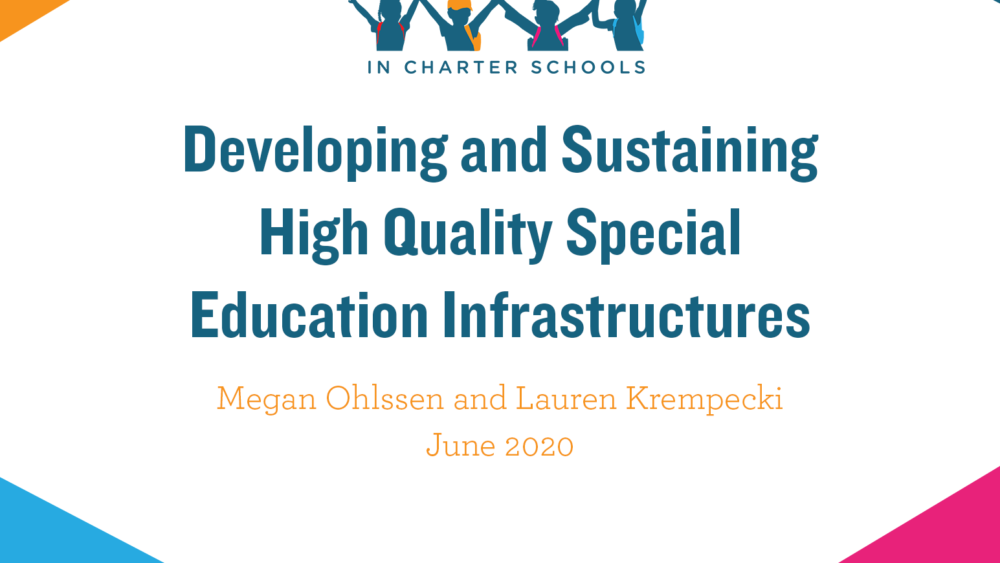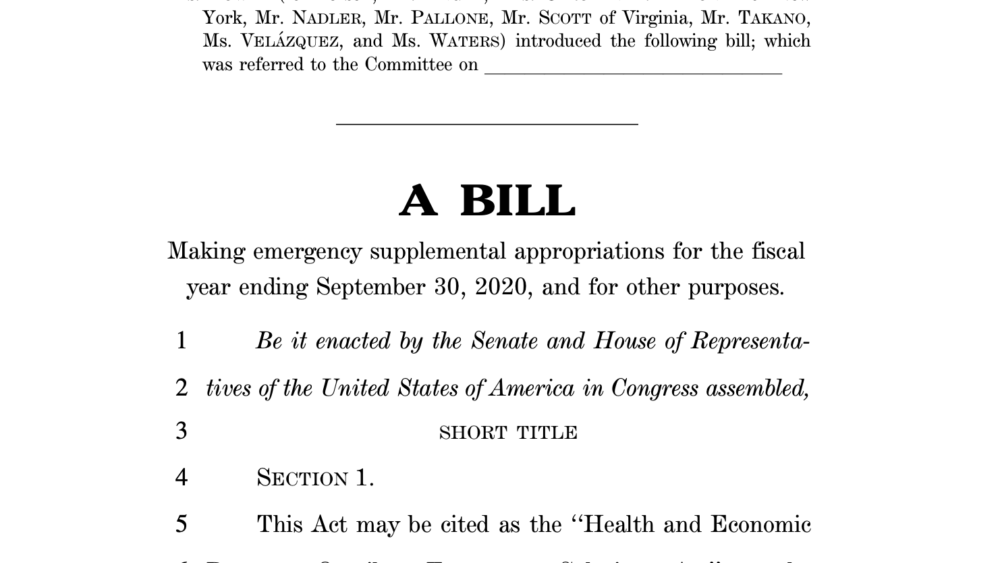As our country and the world grapple with how to adapt education and school in the context of COVID-19, we have an opportunity and an obligation to do things differently—to not allow marginalized students to be an afterthought, but instead to infuse equitable, inclusive strategies from the outset in order to benefit all students.
Special education infrastructures provide a deliberate and efficient means for charter schools to realize economies of scale, pilot new practices, access philanthropic support, and connect with providers in order to build stronger special education programs. This report includes specific, actionable steps for these infrastructures to take.
Today and every day, the Center stands in solidarity with our Black colleagues and friends and with the entire Black community as it mourns yet another senseless series of losses.
In this guest post, Claire Nilsen Blumenson, Executive Director & Co-Founder of the School Justice Project, shares how her organization is fighting for court-involved students with disabilities to receive educational support.
America’s hopes for a speedy recovery from the COVID-19 pandemic have not materialized. After several months of sheltering in place, tragic death tolls and widespread sickness, most of us remain cloistered in our homes. As Memorial Day approaches with no vaccine or pharmaceutical solutions in sight, prudence requires that we take a fresh look at the circumstances and reconsider our plans for education into the summer and beyond.
If you’re a parent whose world has been turned upside down by COVID-19, you’re certainly not alone. In the span of days as the virus spread, America’s parents took on a new role—co-teachers. And as students around the world have transitioned to remote learning, parents of students with disabilities are facing particular challenges. While everyone’s situation is different, we’ve compiled a few tips to consider as you move forward.
On May 13, EdSource wrote about Senate Democrats’ request for the inclusion of $12 billion in IDEA funding in the next coronavirus stimulus bill, and Senior Policy Director Wendy Tucker weighed in.
On May 13, the National Association of Charter School Authorizers (NACSA) published a guest blog by Wendy Tucker about how charter school authorizers can pitch in to support students with disabilities during COVID-19.
On May 1, the Huffington Post reported on New Jersey guidance forbidding districts from requiring parents of students with disabilities to sign waivers before receiving services during COVID-19, citing Paul O’Neill’s op-ed on the topic.
The Center applauds the drafters of the HEROES Act for prioritizing education funding in this latest relief package and for ensuring that states receiving relief funds guarantee that the rights of students with disabilities remain intact.









